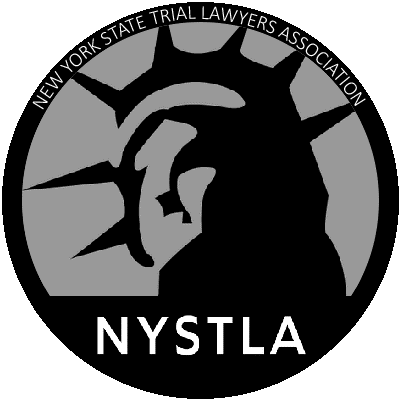Date of Settlement
Court and County
Supreme Court, Bronx County
Description of Patient
At the time of the incident, the patient was a disabled woman on public assistance who had lived in the Bronx for many years.
Facts and Allegations
The patient presented to the Emergency Room with the chief complaint that “I can’t breathe.” The patient went into respiratory arrest in the predawn hours of the next day, after being placed under the care of a resident with no attending physician present.The ER chart noted stridor (a high pitched abnormal breathing sound), shortness of breath and other maladies. The ER obtained a thoracic surgical consult, who recommended a tracheotomy. The patient asked the thoracic surgeon to call her sister to explain the risk-benefit of the procedure and alternatives because her sister worked in a hospital and had better medical knowledge than she did and she trusted her sister’s opinion in this regard. The thoracic surgeon plainly stated to both the patient and her sister that she needs this operation right away or she will die. After that, the patient signed her consent to the surgery, which was supposed to happen within the next few hours. The surgery was delayed until the next day, and despite the fact that the hospital’s otolaryngology (ENT) consult wrote in the chart “intubate now” this was not done while awaiting surgery, and instead, a pulmonologist overruled the ENT by recommending “watchful waiting.” Plaintiff’s contention was that if the thoracic surgeon performed the tracheotomy right away as he said he would do and did not negligently postpone it to the next day, there would have been no injury, If the defendants followed the advice of the otolaryngology consult and intubated the patient instead of negligently following the advice of their pulmonologist for “watchful waiting,” there would have been no injury. And if the hospital did not negligently leave the overnight care of the patient to an inexperienced resident with no supervising physician present, while she was awaiting surgery the next day, the injury may have been avoided.
Injuries and Damages
The patient remained on life support for about a month and then taken off, after the hospital convinced the family that there was no hope of recovery. The hospital told the family that the patient suffered global hypoxic brain damage (no oxygen to the brain).The defense, supported by their expert, argued that there was no malpractice and therefore no liability on their part because “watchful waiting” was a reasonable medical alternative to intubating the patient (putting the patient on a machine that breathes for her), and that a bad outcome does not equate with malpractice. The defense expert stated that it was not negligent (i.e. did not deviate from the standard of care) to postpone the operation for a day, and that the resident’s care of the patient overnight could not be faulted. The defense claimed that since the patient suffered from global hypoxic brain injury she was in a coma, and there was no pain and suffering after this event. If that were true, then there would only be recovery for the hours that the patient had difficulty breathing until the time she lost consciousness. This would have resulted in a minimal monetary award.
Plaintiff’s attorney, fully familiar with the hospital chart and having obtained all relevant information from the family and consulting expert physicians before commencing suit and otherwise being well prepared, took the deposition of the defendant physicians. During their respective depositions, these doctors admitted that they and the hospital rely on the accuracy of the patient’s chart in their treatment and care of the patient, and that the whole chart was accurate. Furthermore, the defense expert physician, a pulmonologist, stated in his affidavit that the chart was an accurate representation of the treatment, care, and medical status of the patient.The chart itself, however, contradicted this. After the patient allegedly went into a coma due to global hypoxic brain injury, multiple entries in the chart over the next month, by many different nurses caring for her, showed the notation “AOX3.” This is the medical abbreviation for “alert and oriented times three” meaning that the patient was “alert” and “oriented” as to person, place and time. In other words she was fully conscious and conscious of her pain and suffering.
Settlement and Verdict Amount
Plaintiff received a verdict of $900,000 against the hospital.
Handling Attorneys
This case was handled by Victor M. Serby, Esq.













